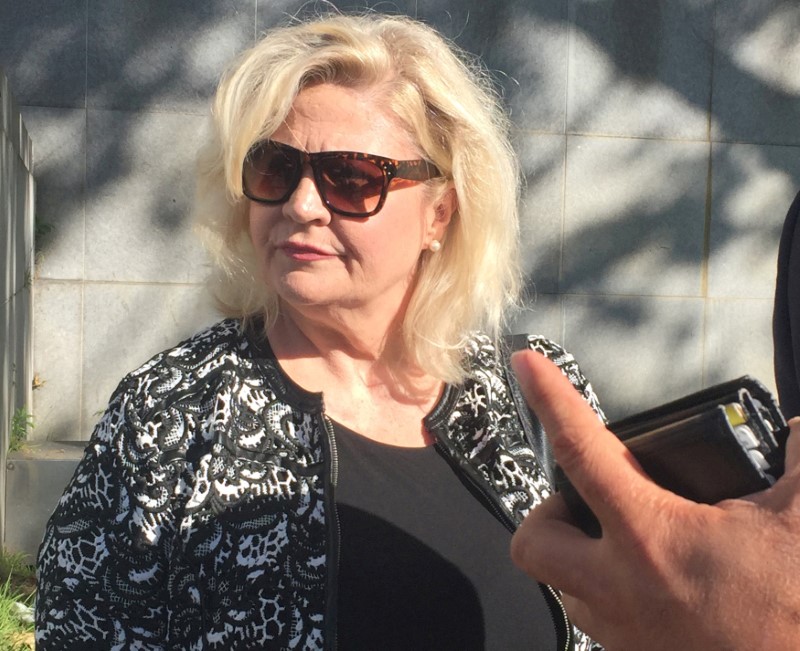
By Steve Bittenbender
(Reuters) – The Kentucky Senate overwhelmingly approved legislation on Thursday to ban a common abortion procedure once the patient reaches her 11th week of pregnancy, in what would amount to one of the strictest abortion limits yet in the United States.
The Senate voted 31-5 in favor of the measure, which now goes back to the state’s House of Representatives for final approval of changes to a version of the bill it passed 71-11 vote on March 12. Both bodies are controlled by Republicans.
The procedure in question, called dilation and evacuation, accounts for 16 percent of all abortions performed in Kentucky. It is primarily for pregnancies in the second trimester.
The House and Senate are in recess until March 27.
On Monday, Mississippi’s governor signed into law the most restrictive abortion measure enacted in the United States, which bans any type of procedure once pregnancies reach 15 weeks.
But on Tuesday, a U.S. federal judge blocked the law from taking effect for 10 days, pending legal arguments over whether the injunction should remain in effect while the overall case remains under judicial review.
The Kentucky and Mississippi measures both allow medical emergency procedures that otherwise would be prohibited.
Representatives for Kentucky Governor Matt Bevin, a Republican who has described himself as “100 percent pro-life,” could not be reached immediately for comment.
Since last year, when Republicans won control of the Kentucky House for the first time since 1921, the state’s legislature has passed several measures to restrict access to abortion, including banning any type of abortion after the 20th week of pregnancy.
Representative Addia Wuchner, a Republican, tweeted after a state Senate Judiciary Committee hearing, that her bill protects “unborn children in Kentucky from intentional bodily dismemberment”.
But critics say that the bill will almost certainly face a legal challenge. Last year, a similar measure passed by Texas lawmakers was struck down by a federal judge.
Similar bans in other states including Alabama, Arkansas, Kansas and Oklahoma have also been struck down by courts.
“Kentucky can’t afford doomed legislation created out of willful ignorance,” Marcie Crim, executive director of the Kentucky Health Justice Network, said on Twitter. “We need every dime of our money to go towards real improvements, not grandstanding.”
While dilation and evacuation is used in most second-trimester abortions, nearly 90 percent of all abortions are performed in the first trimester, according to the Guttmacher Institute, a research group that supports abortion rights.
(Reporting by Steve Bittenbender in Louisville, Kentucky; Editing by Bernie Woodall and Richard Borsuk)









